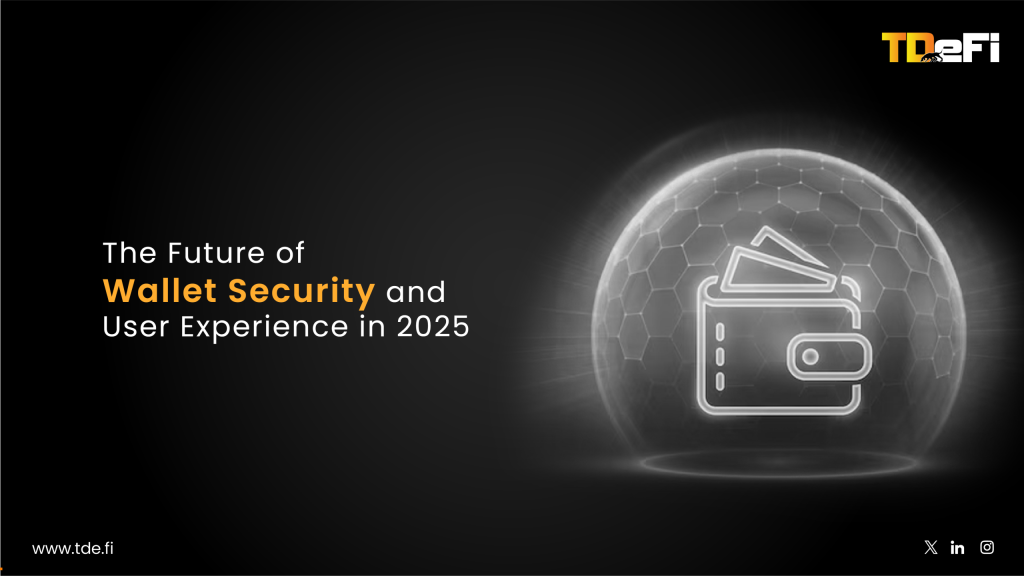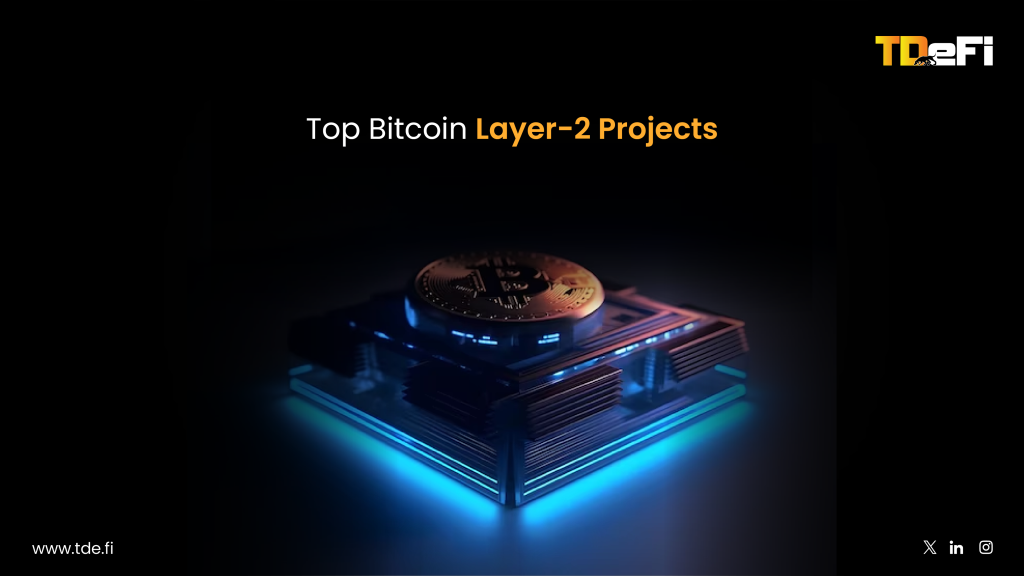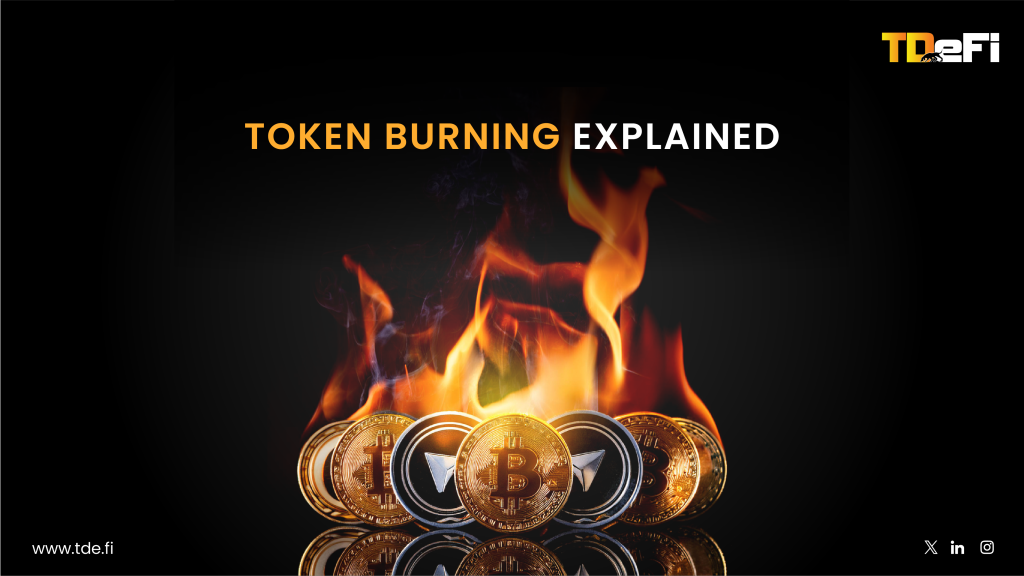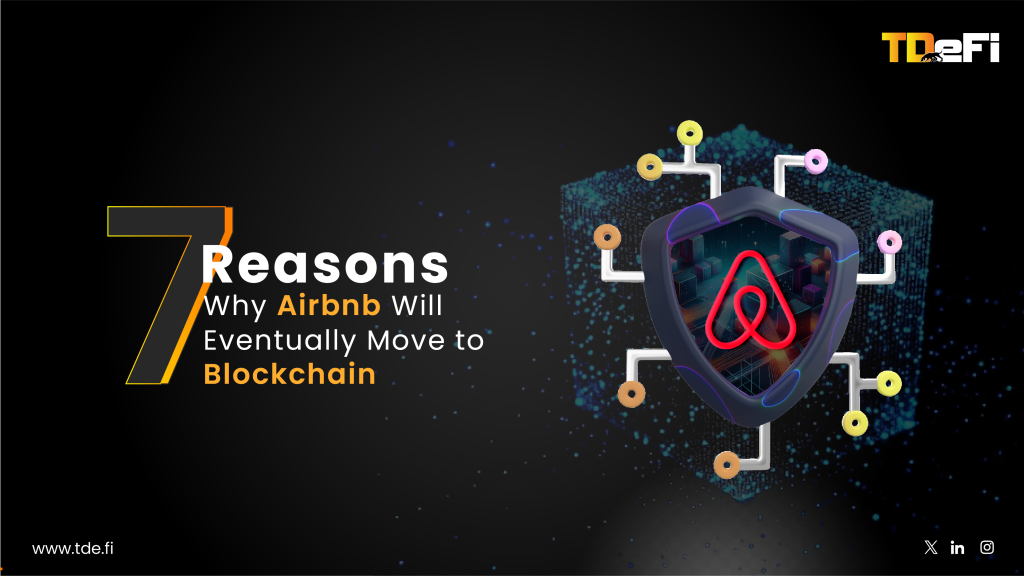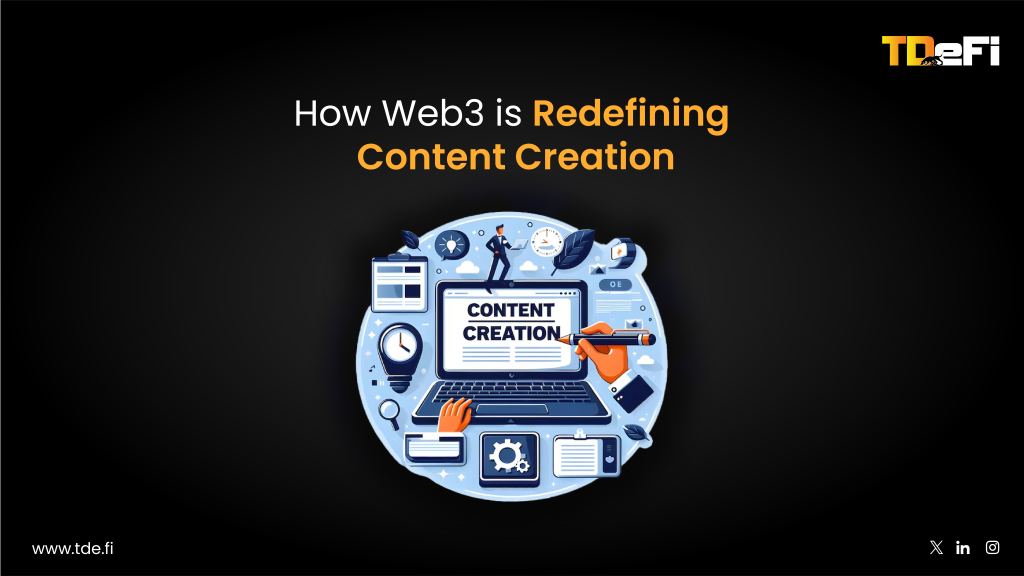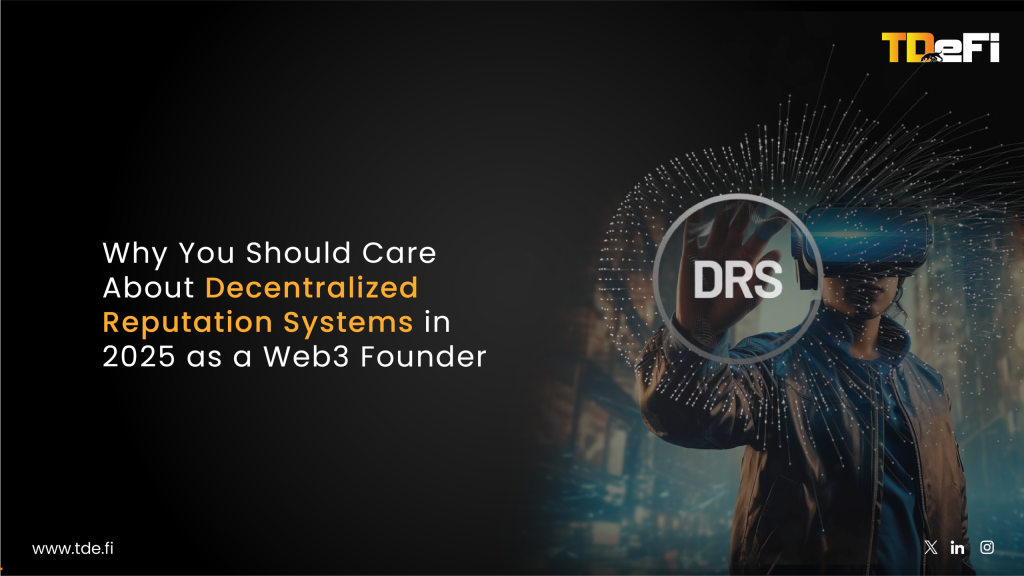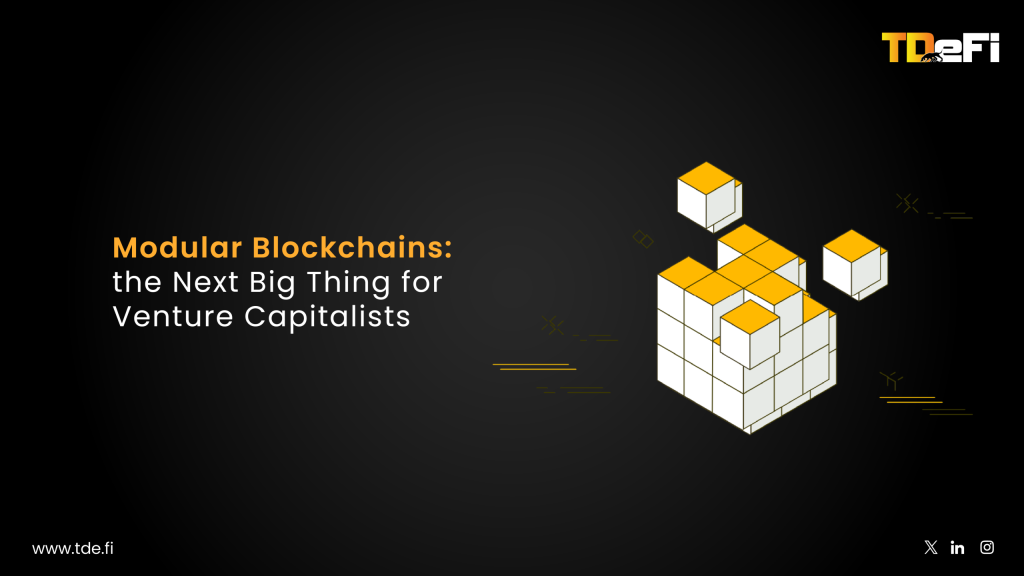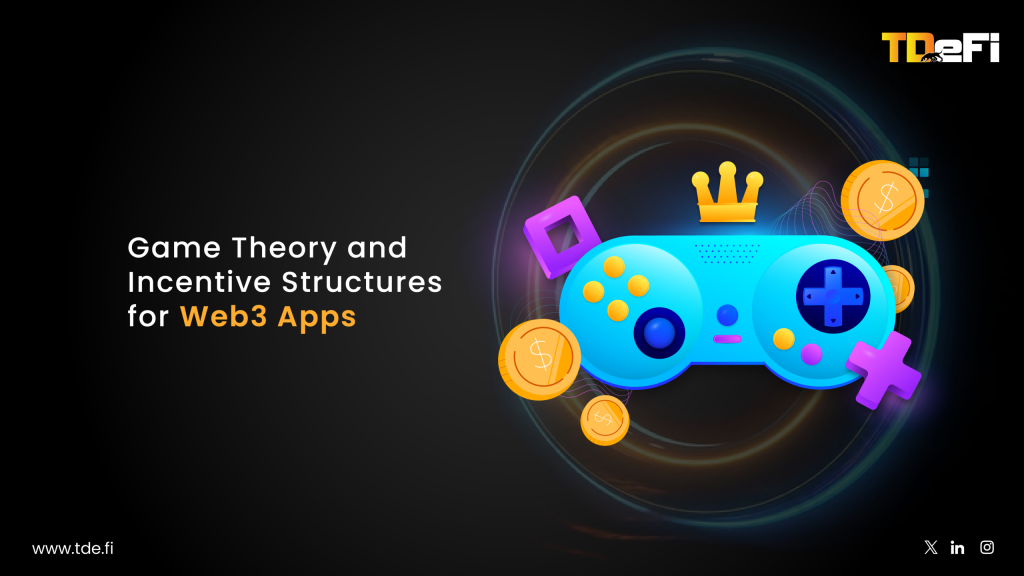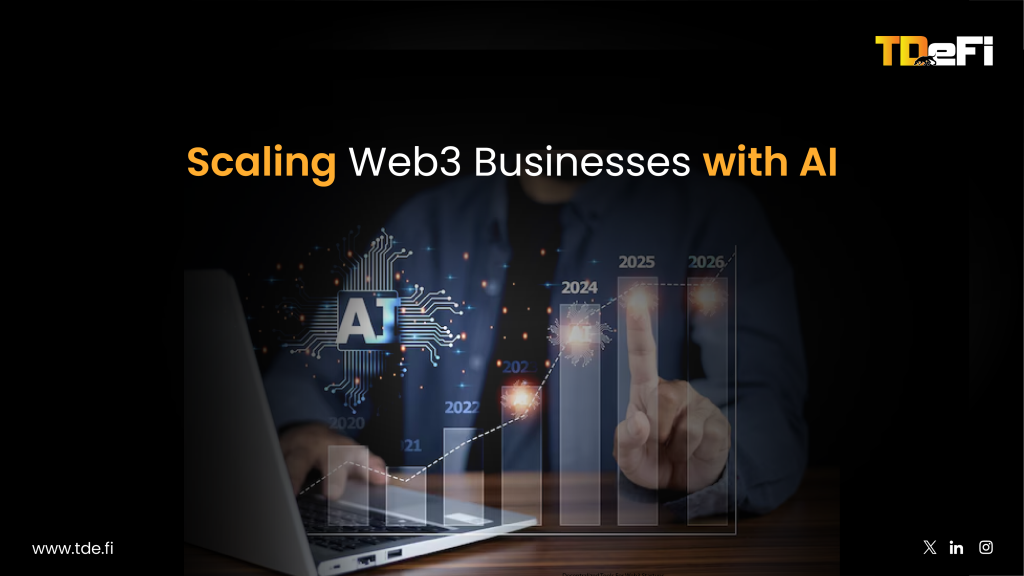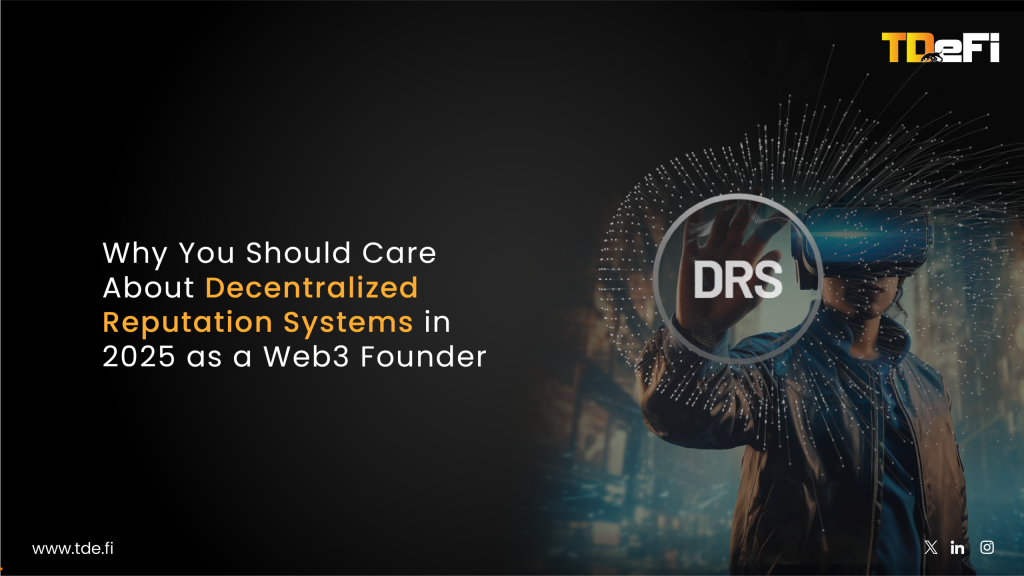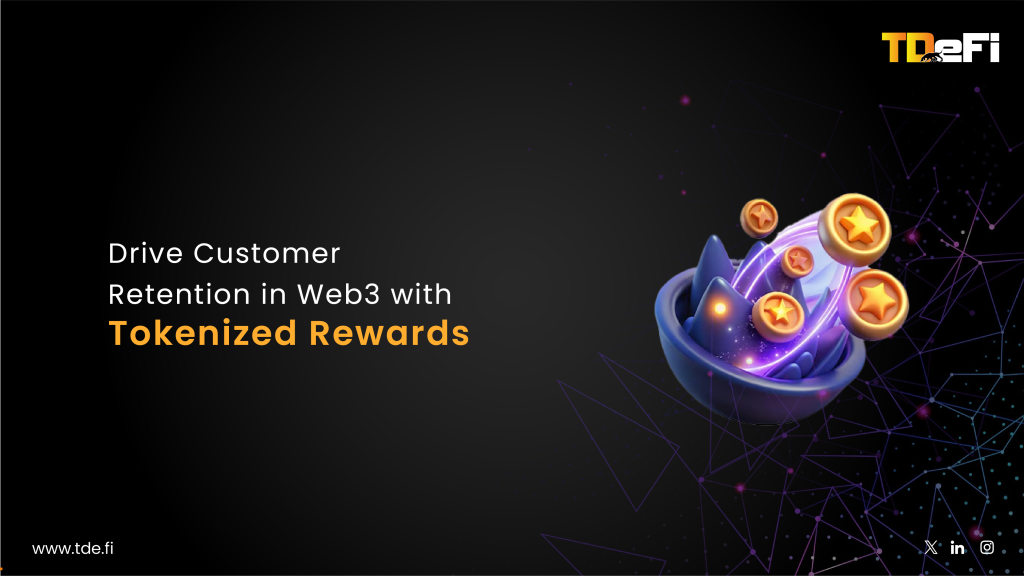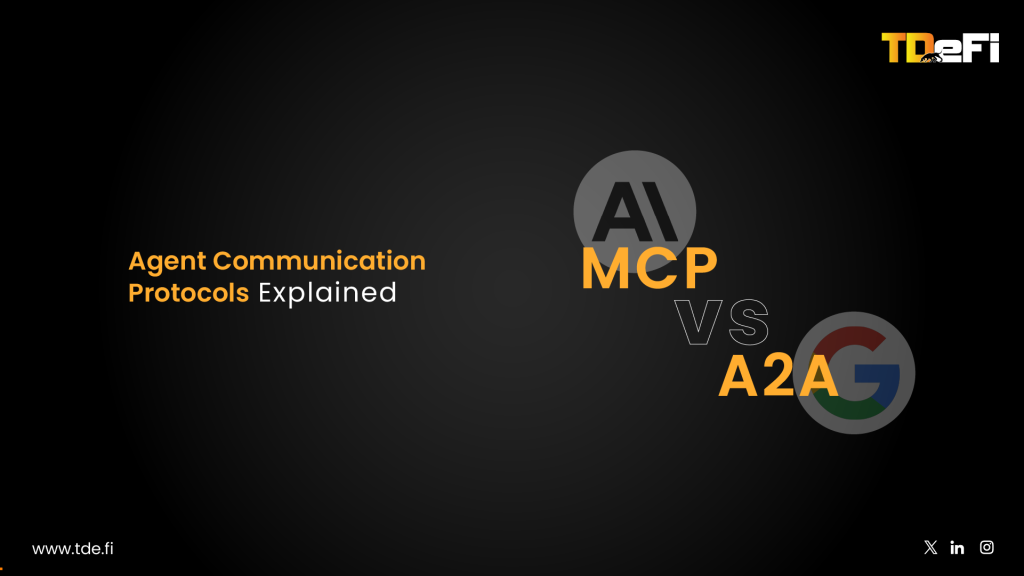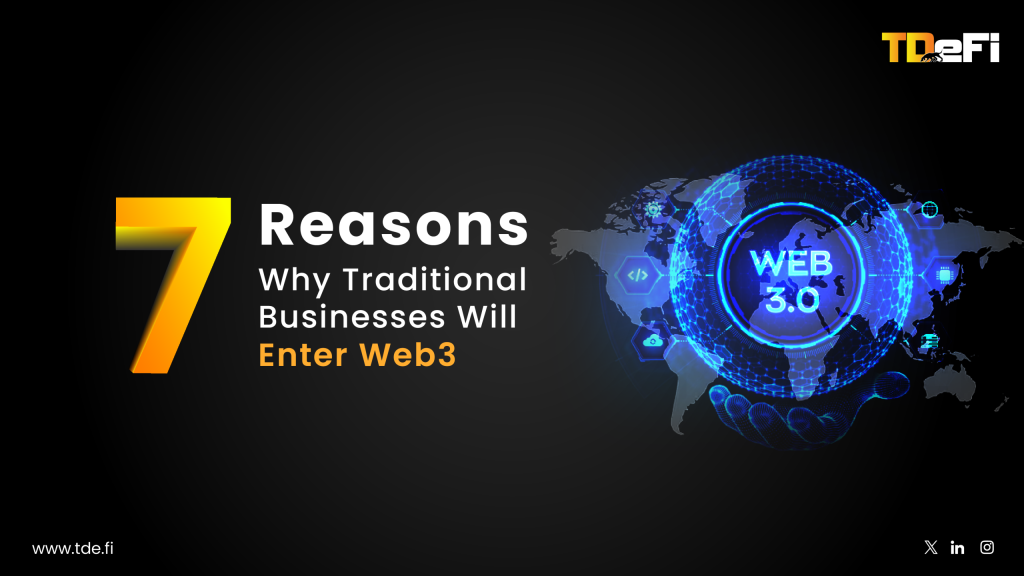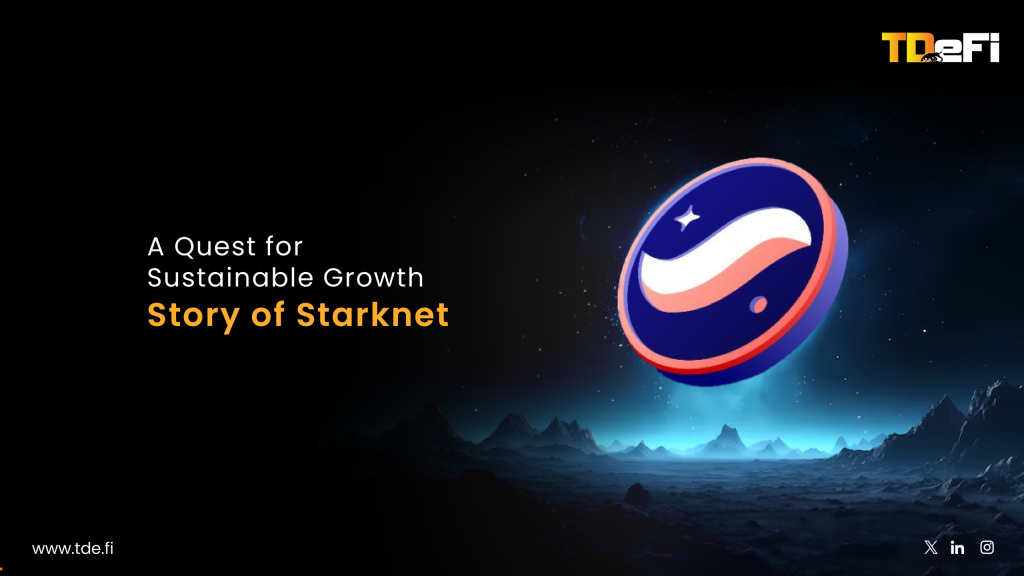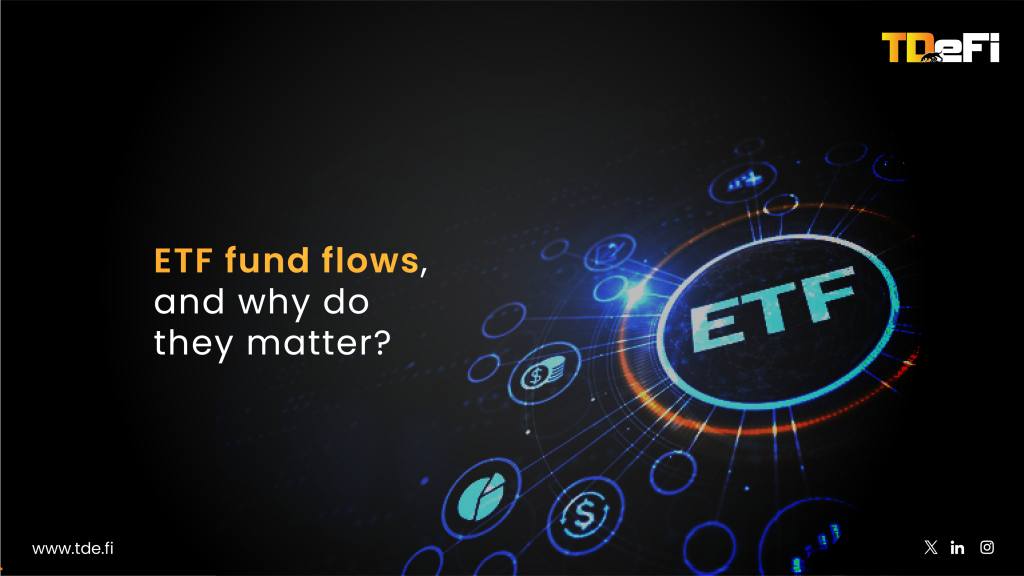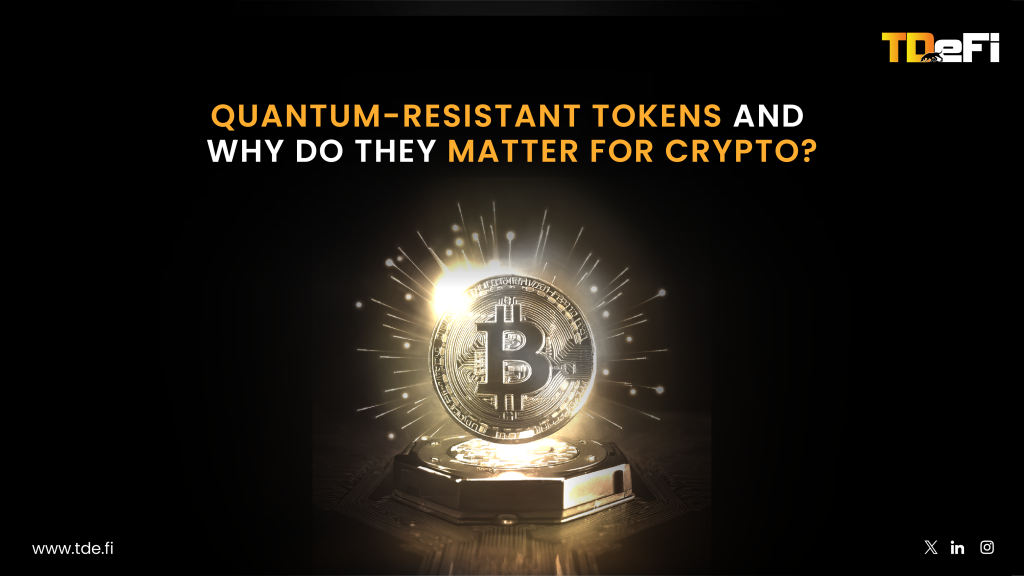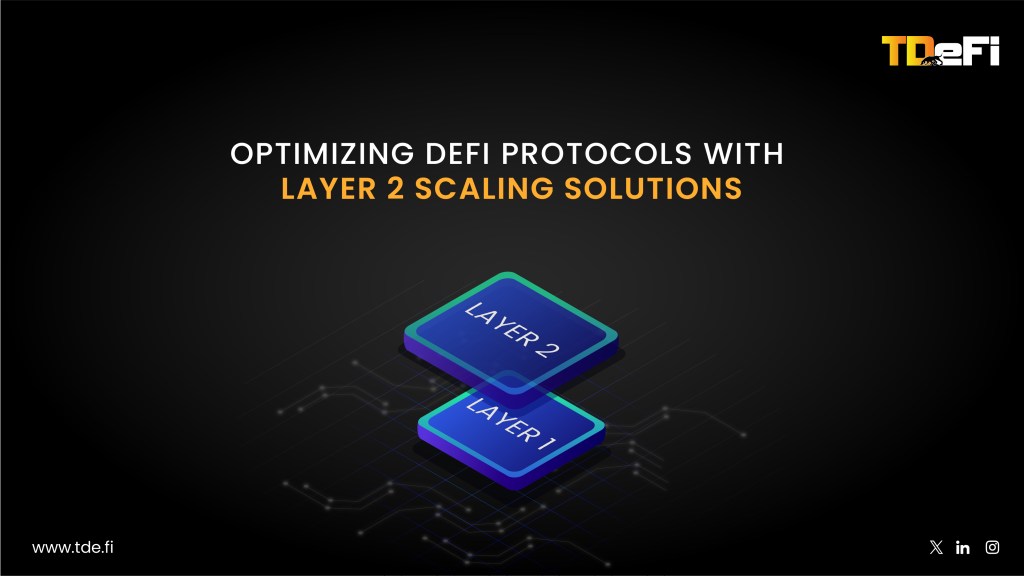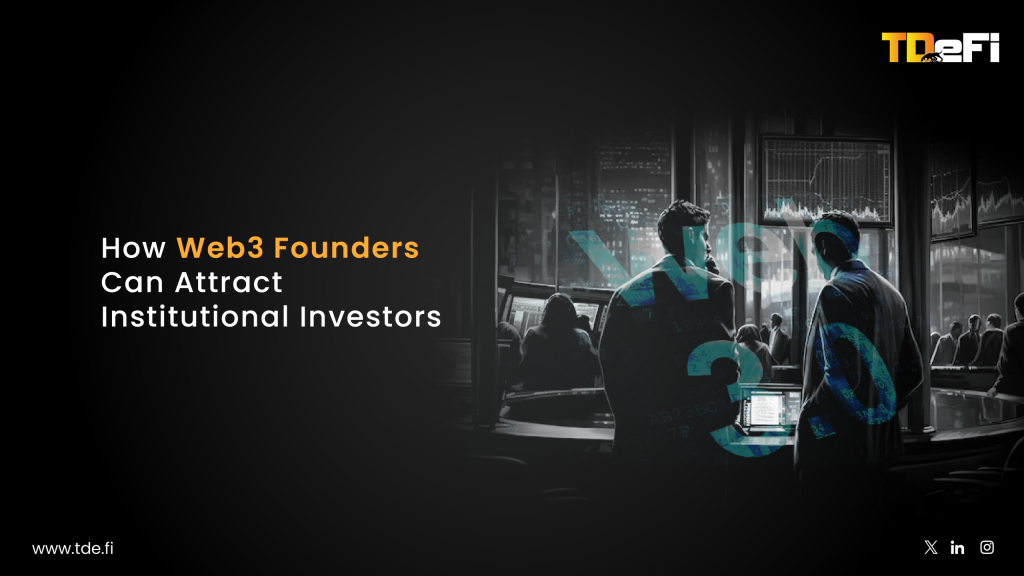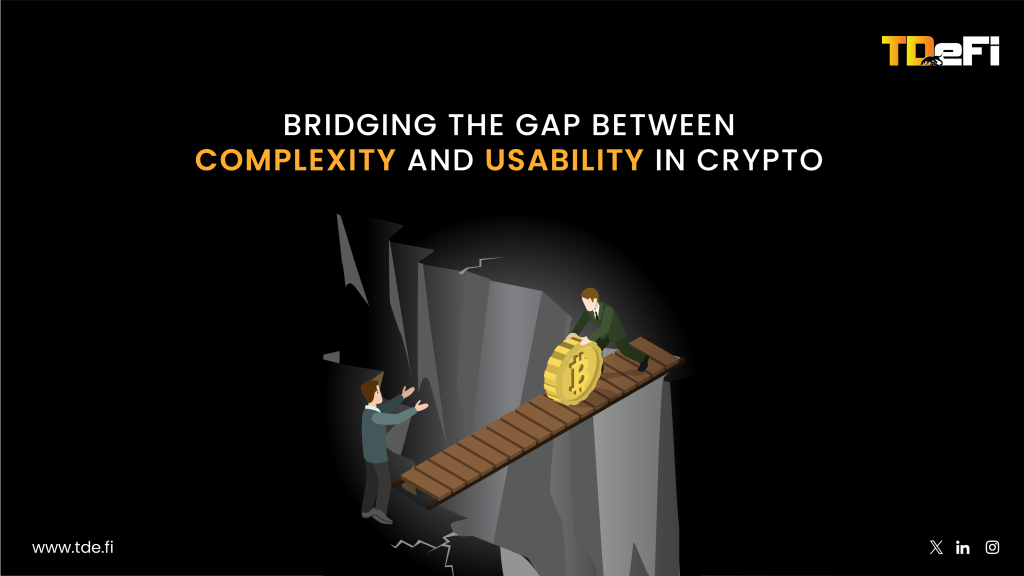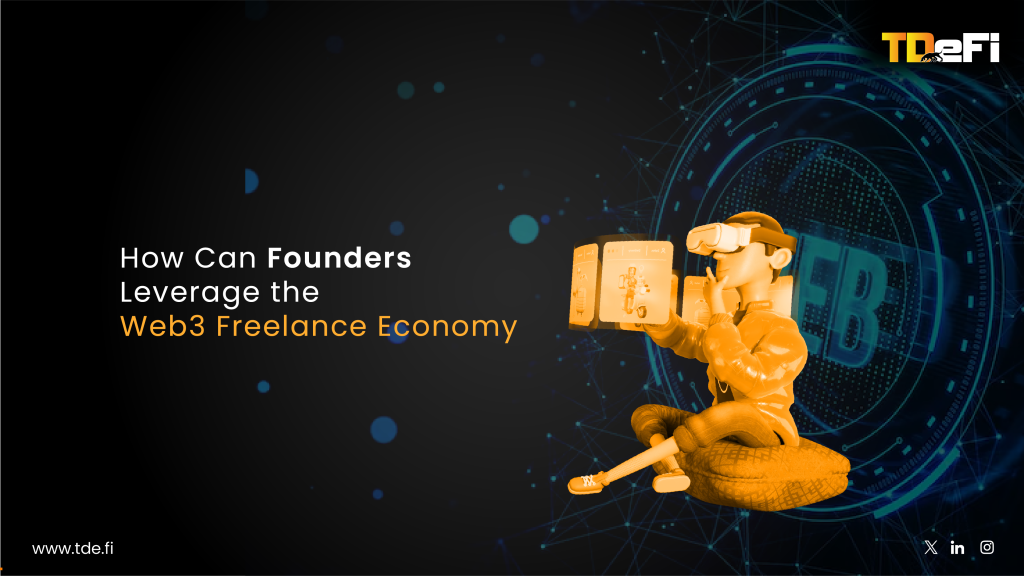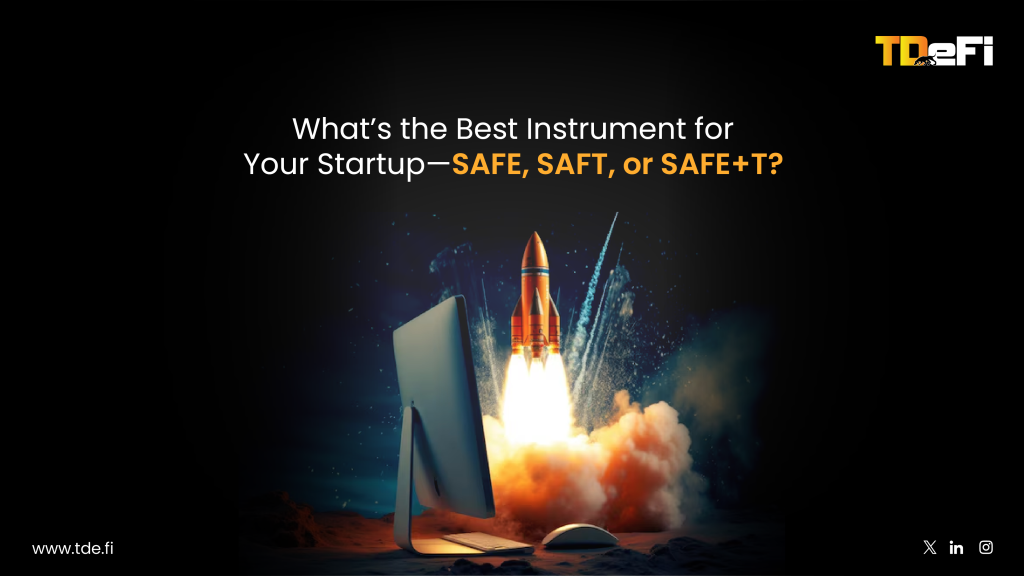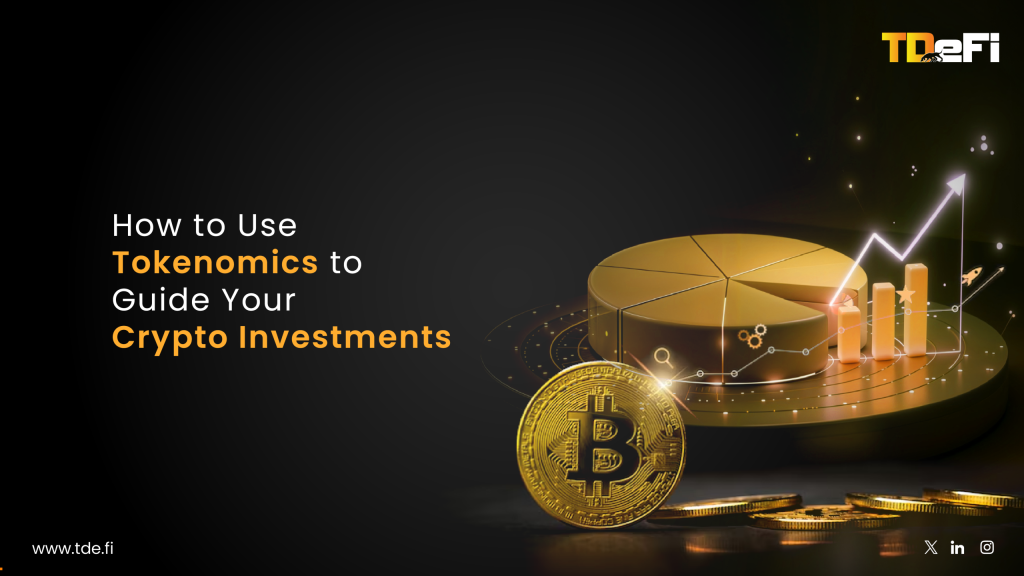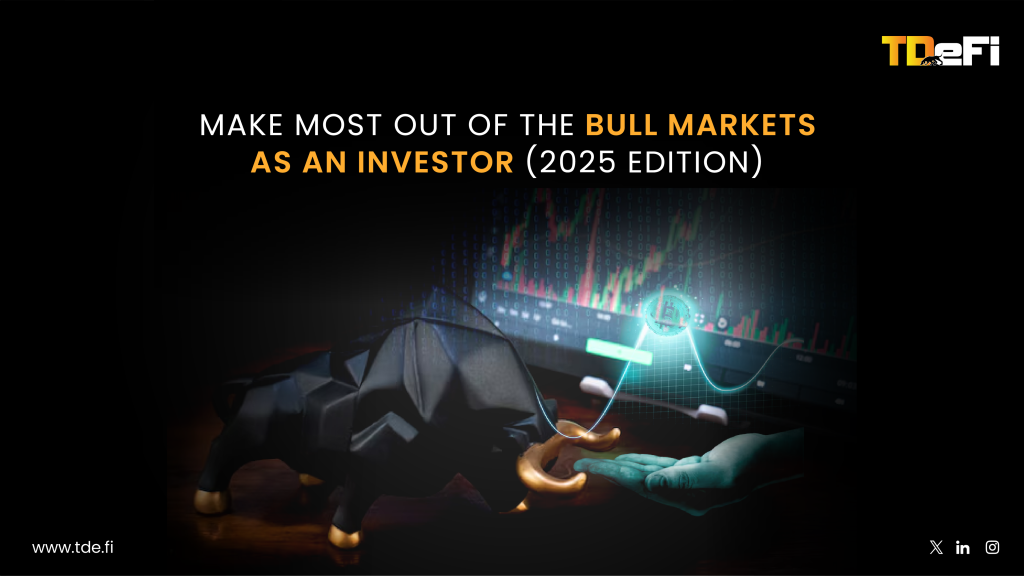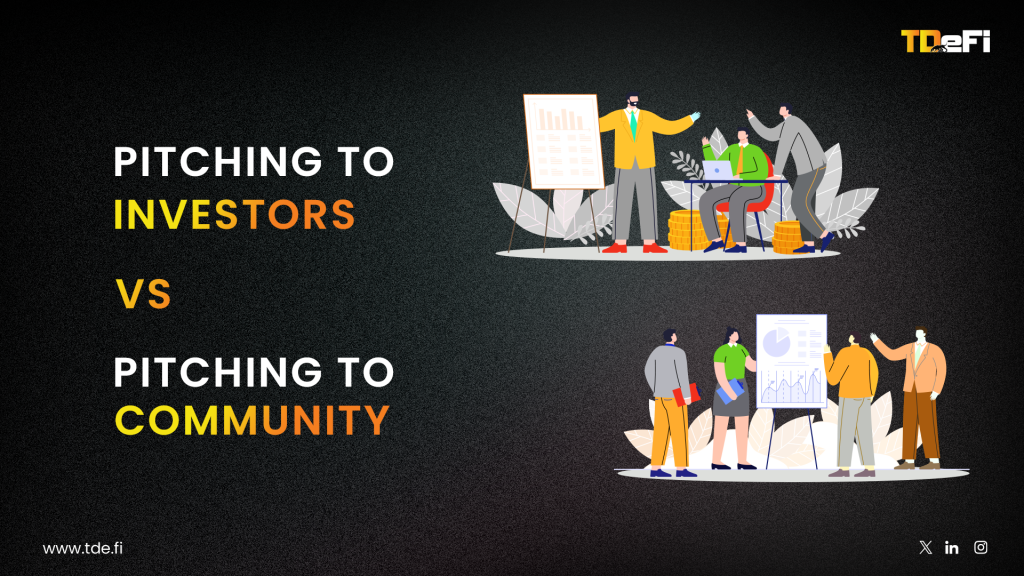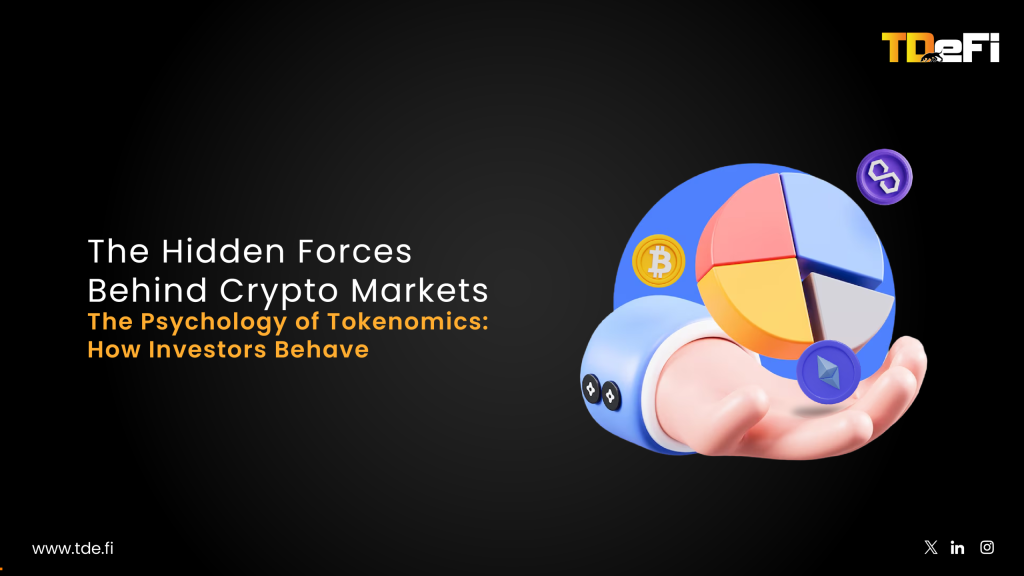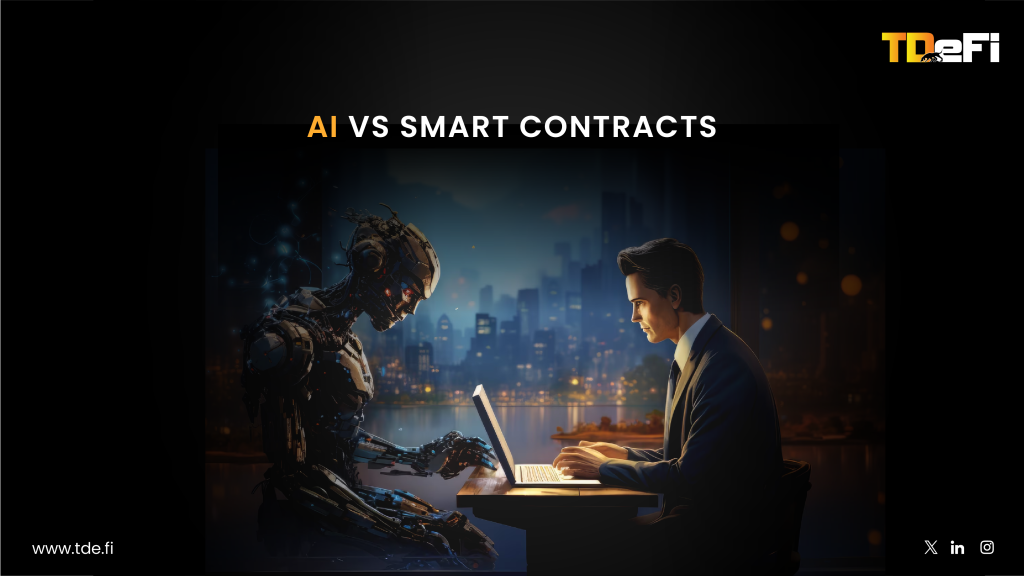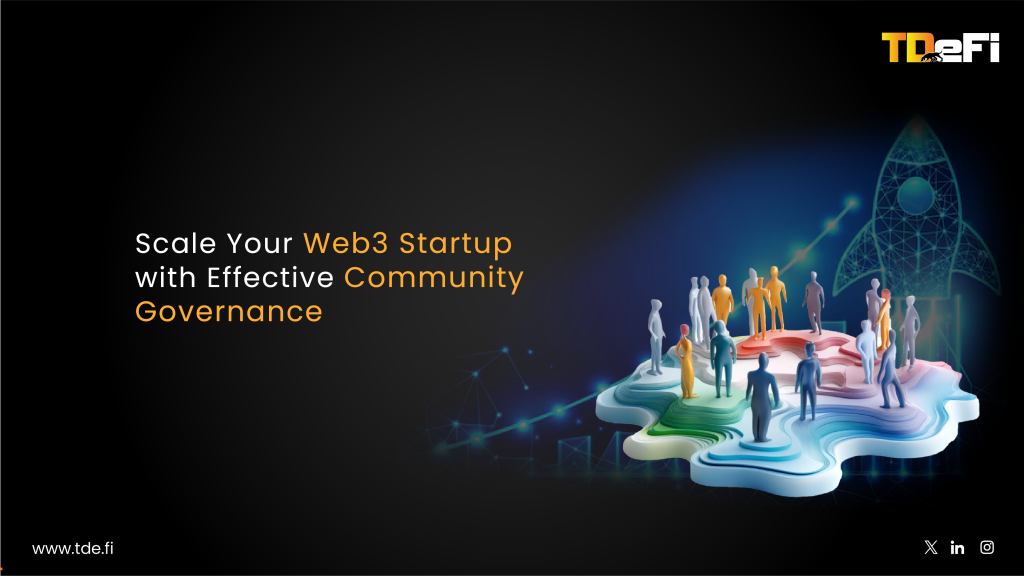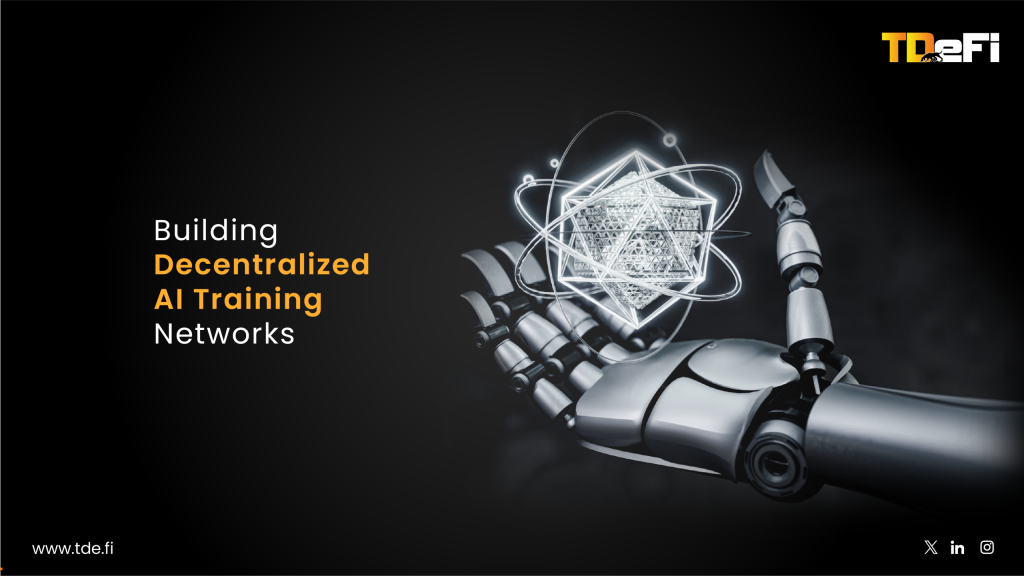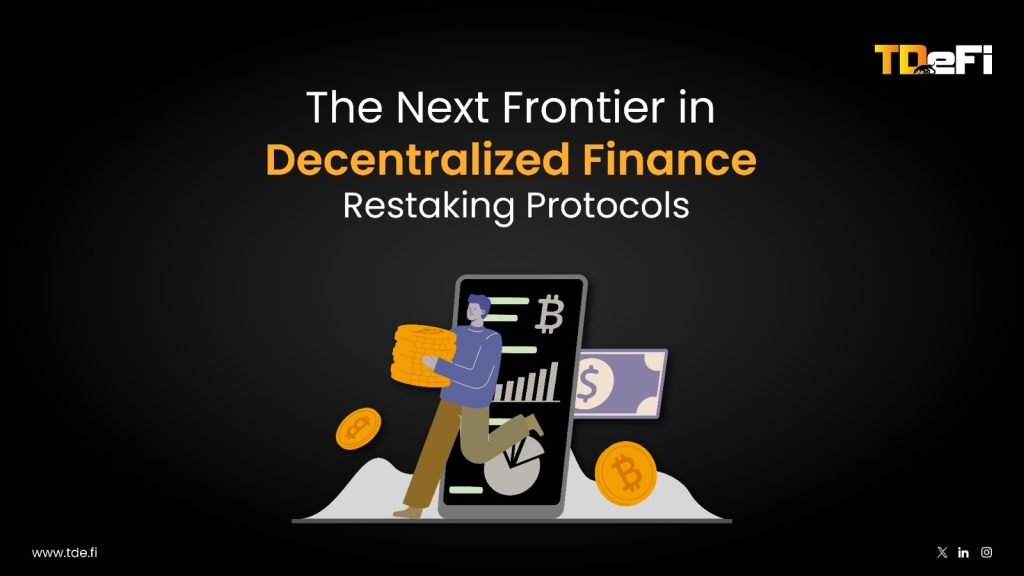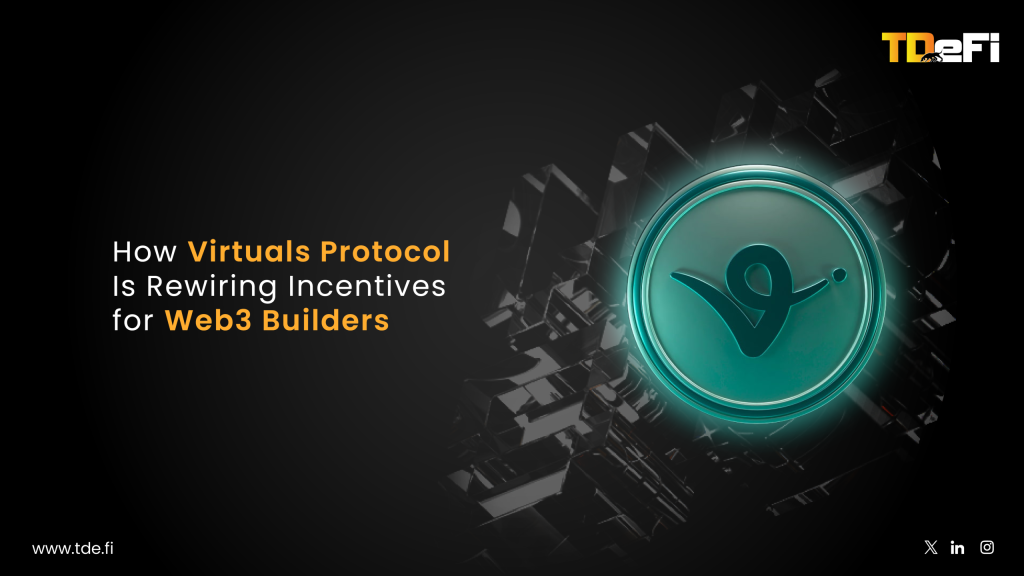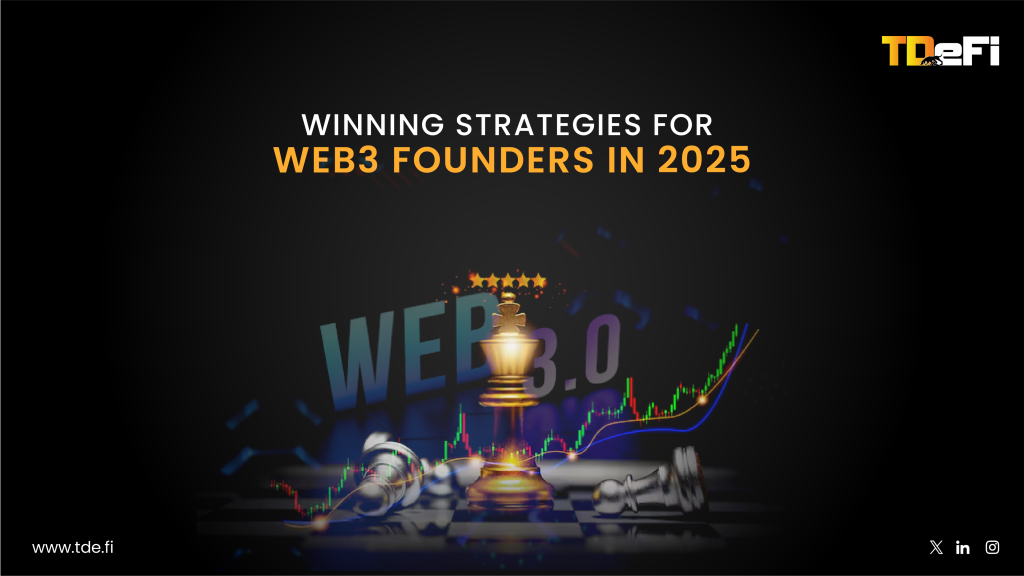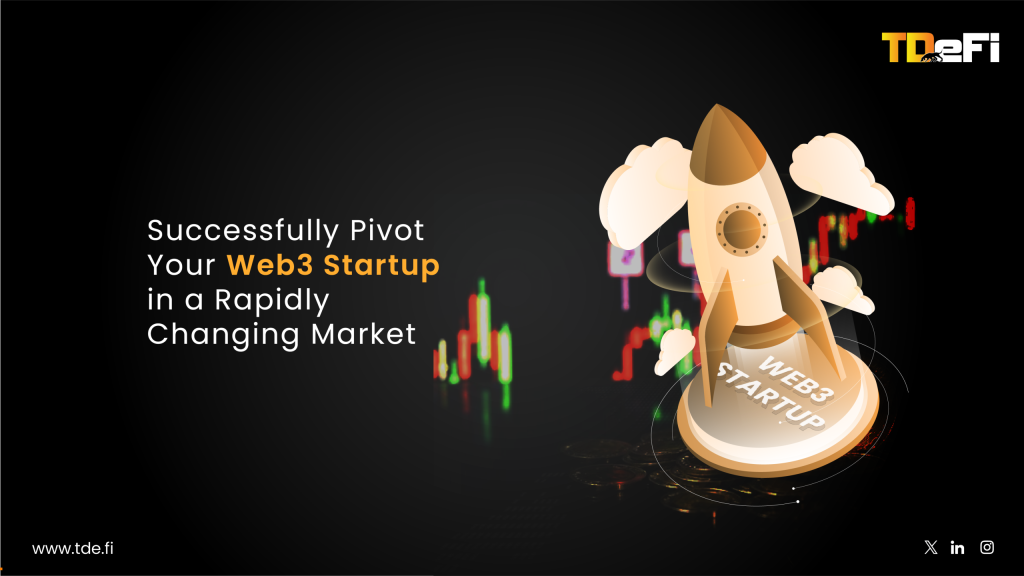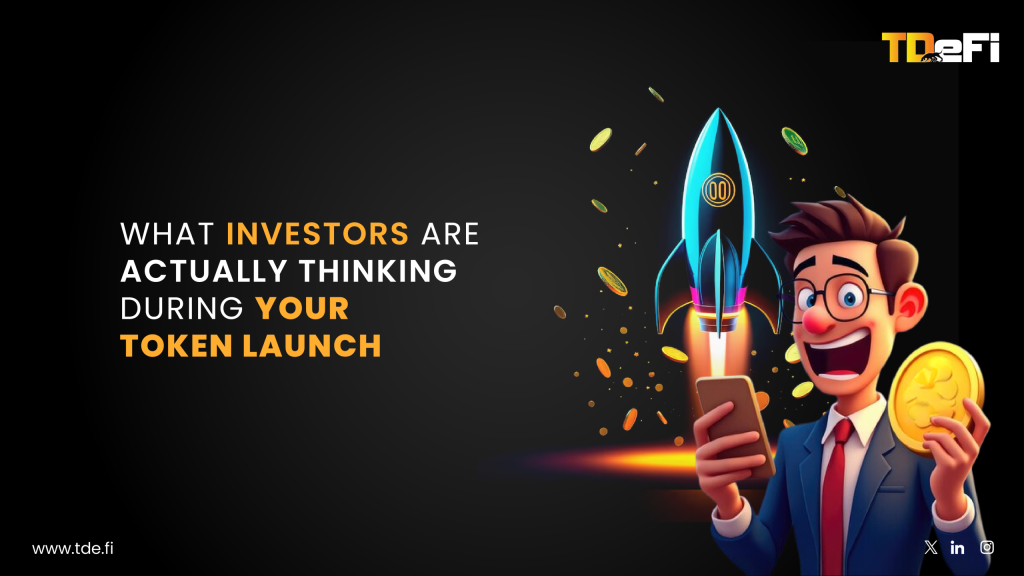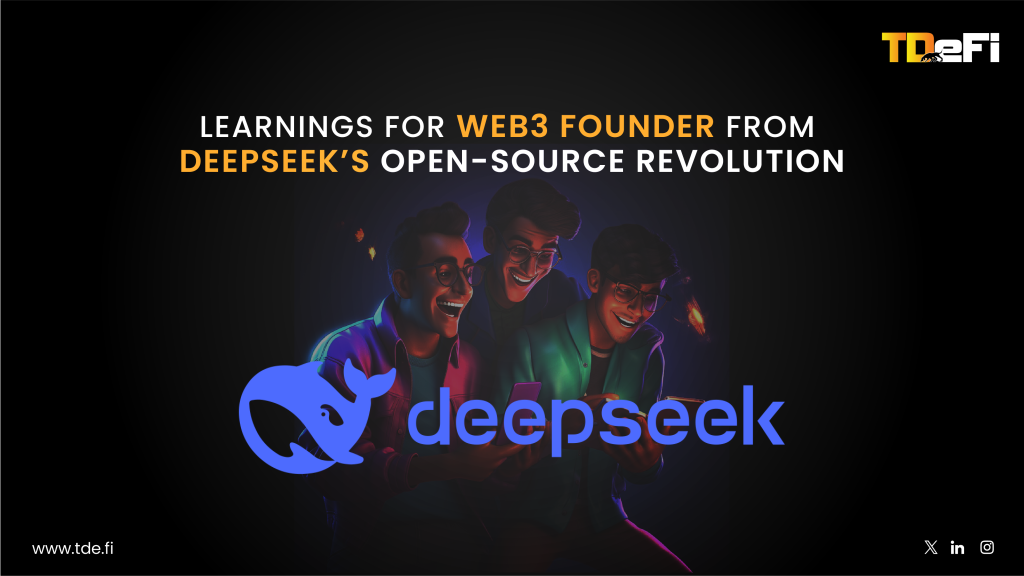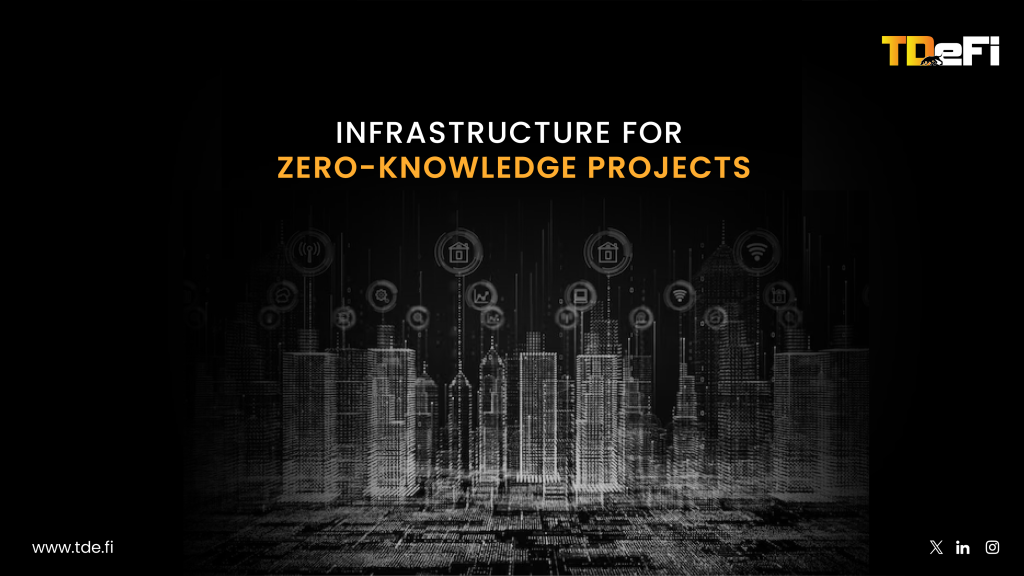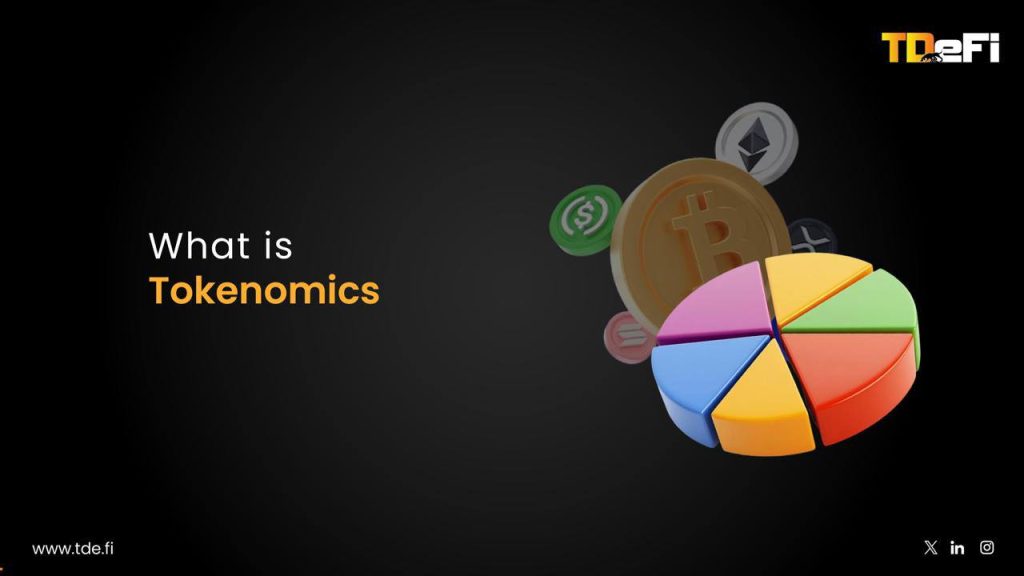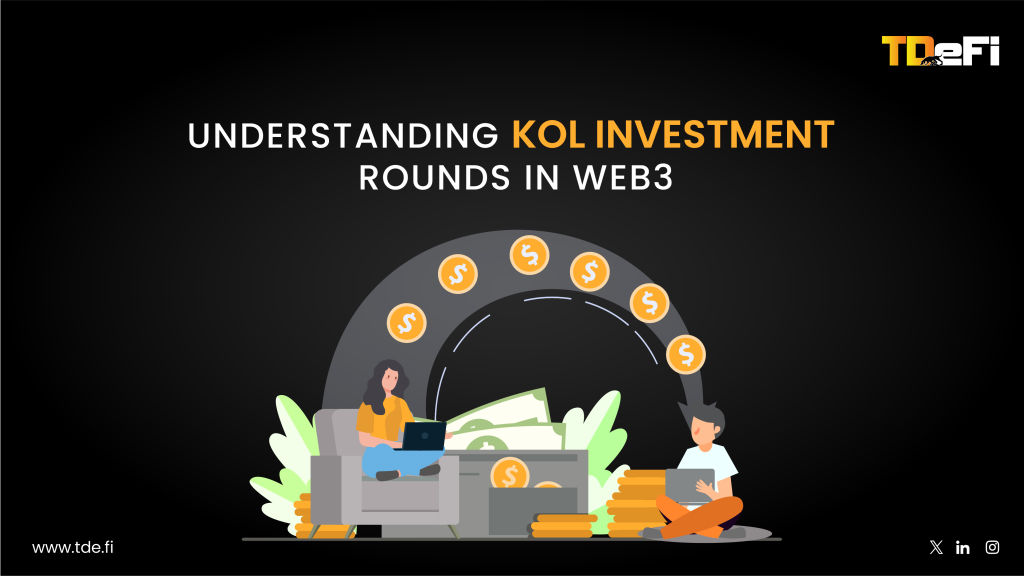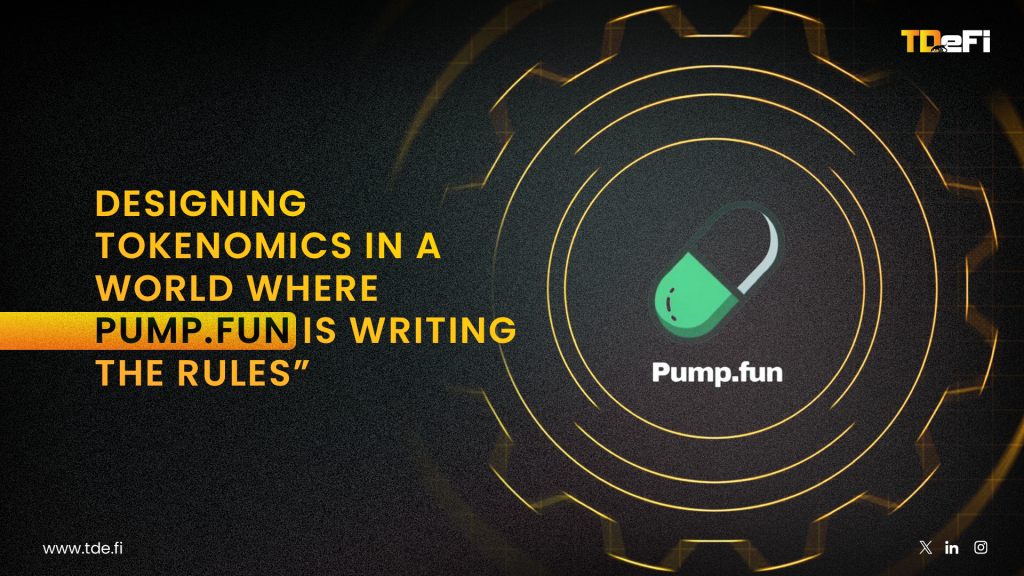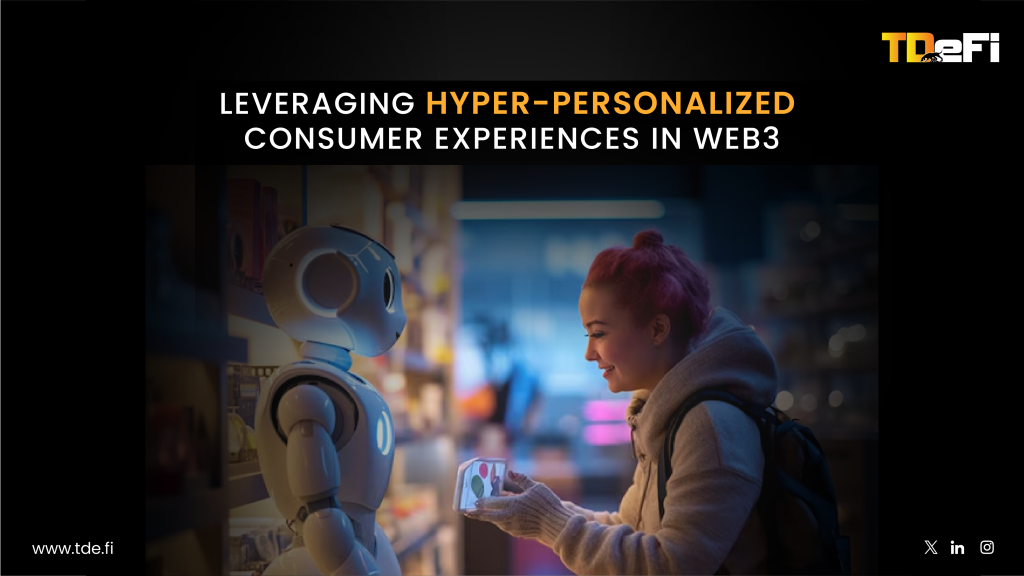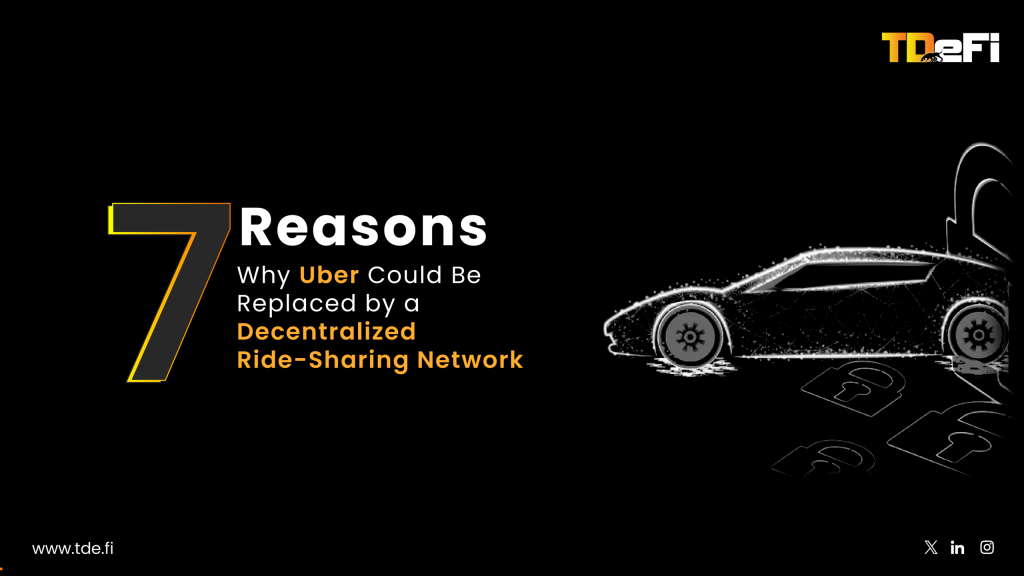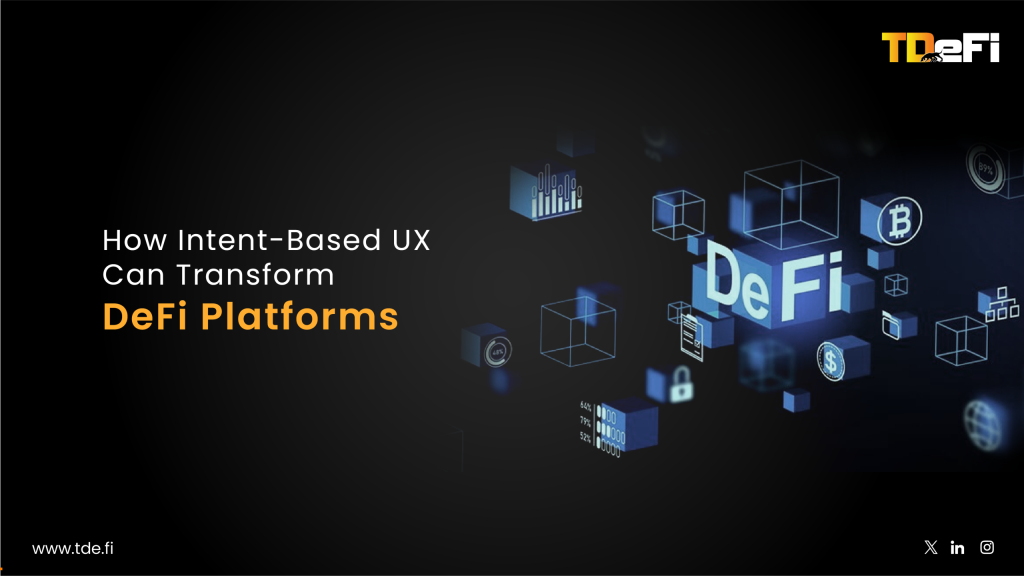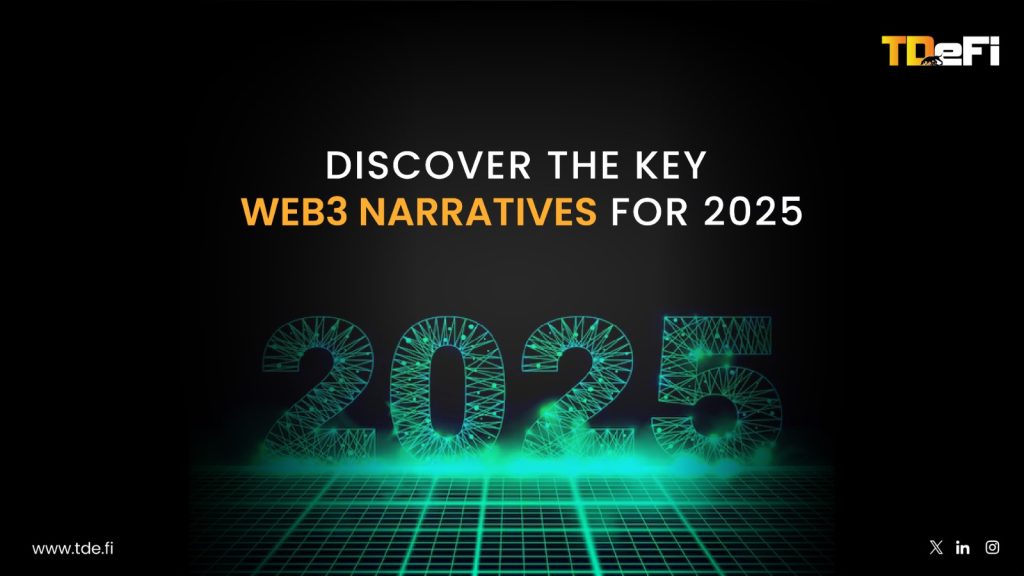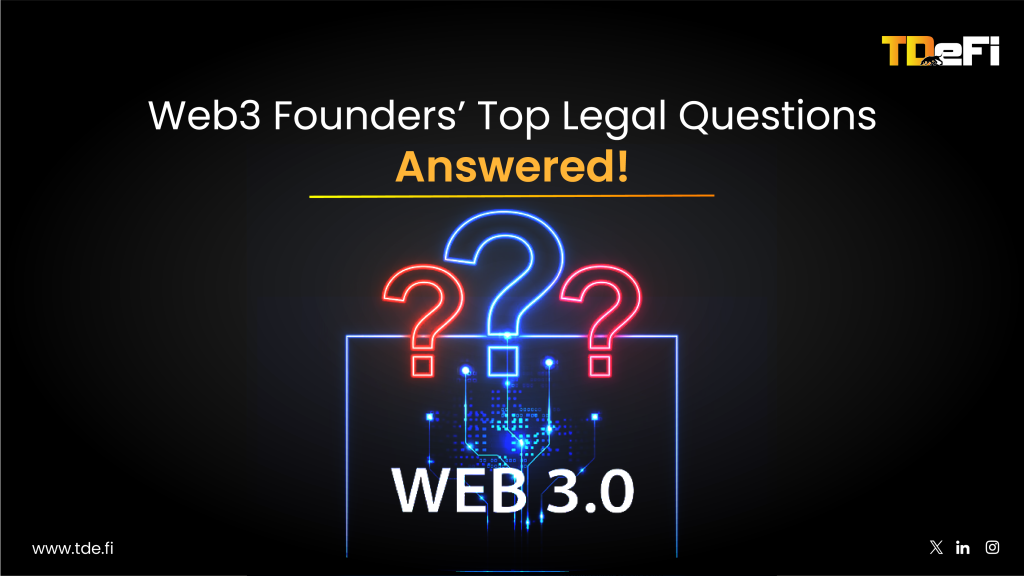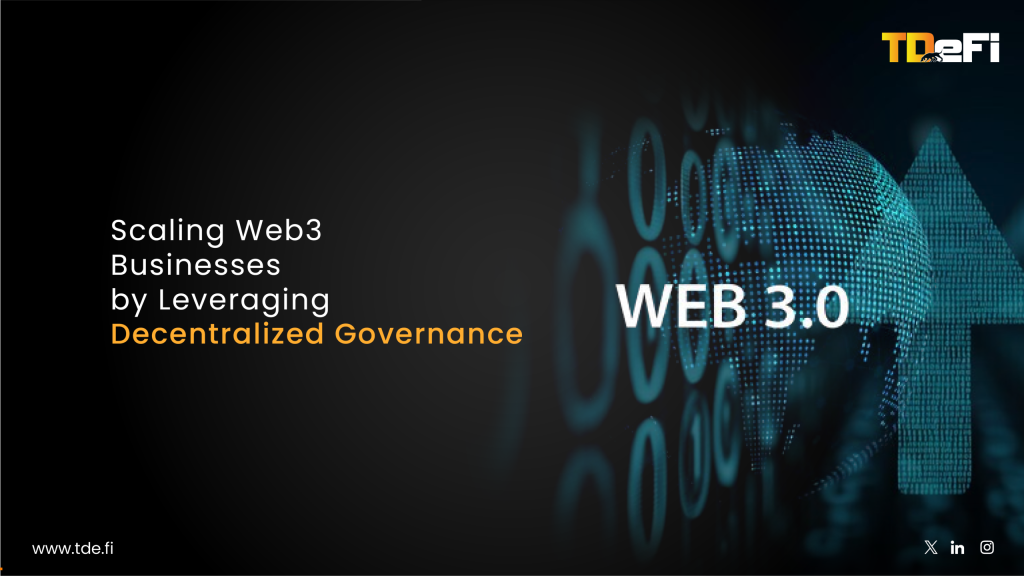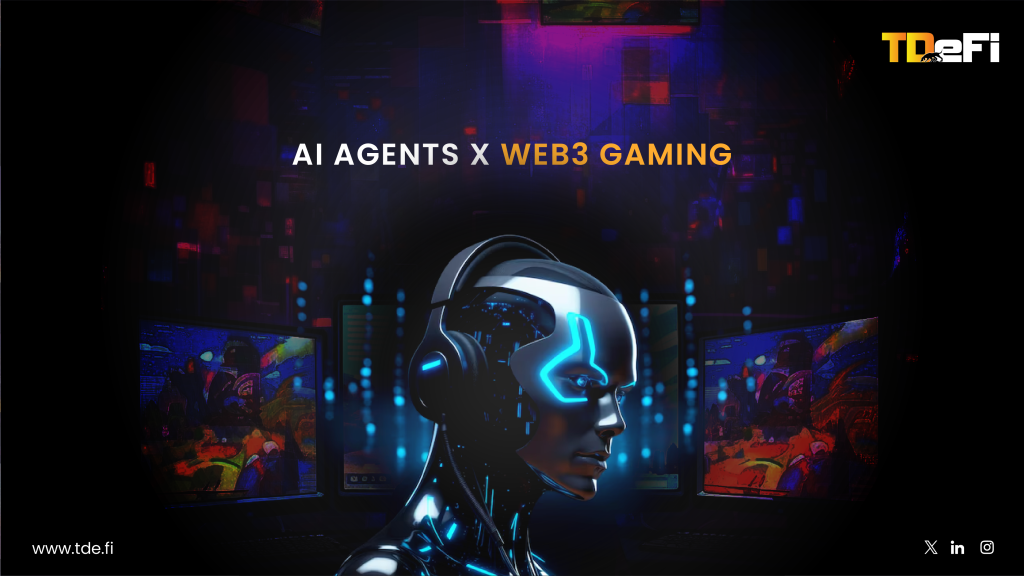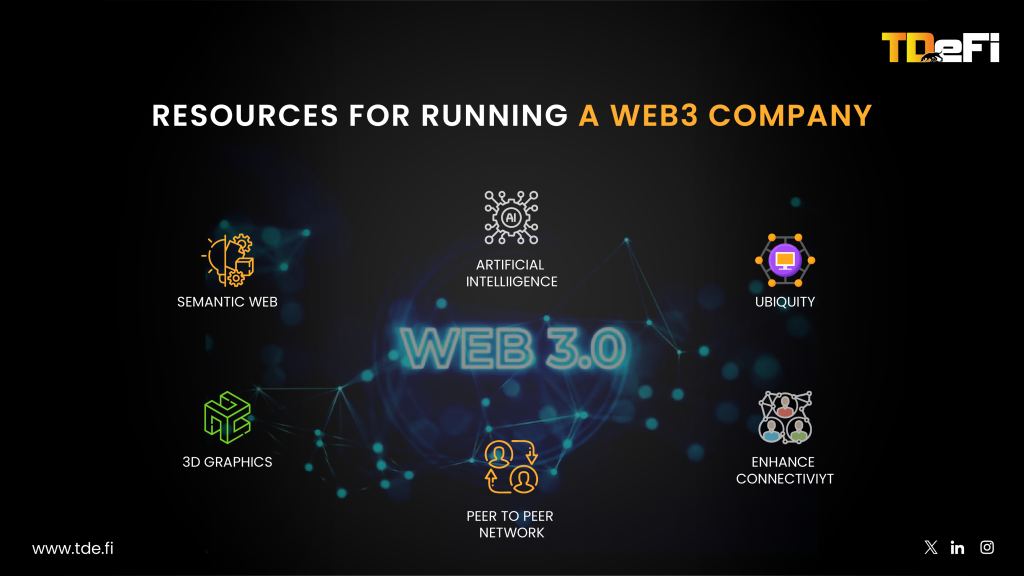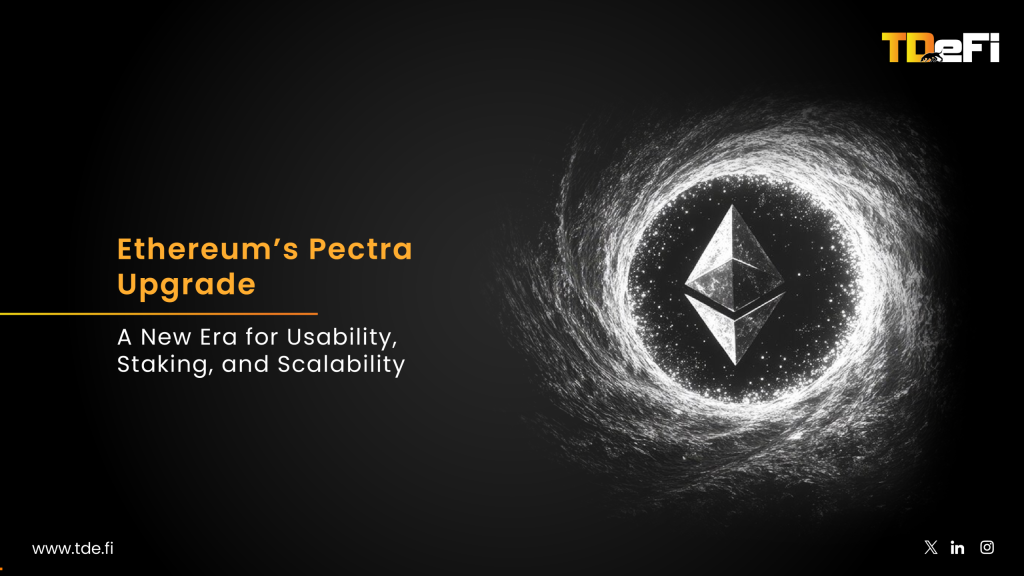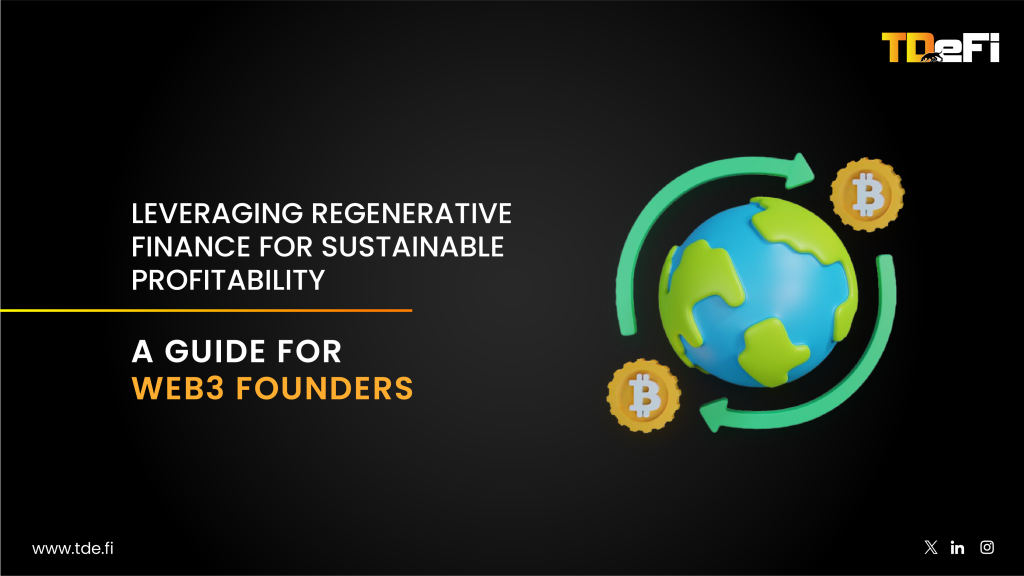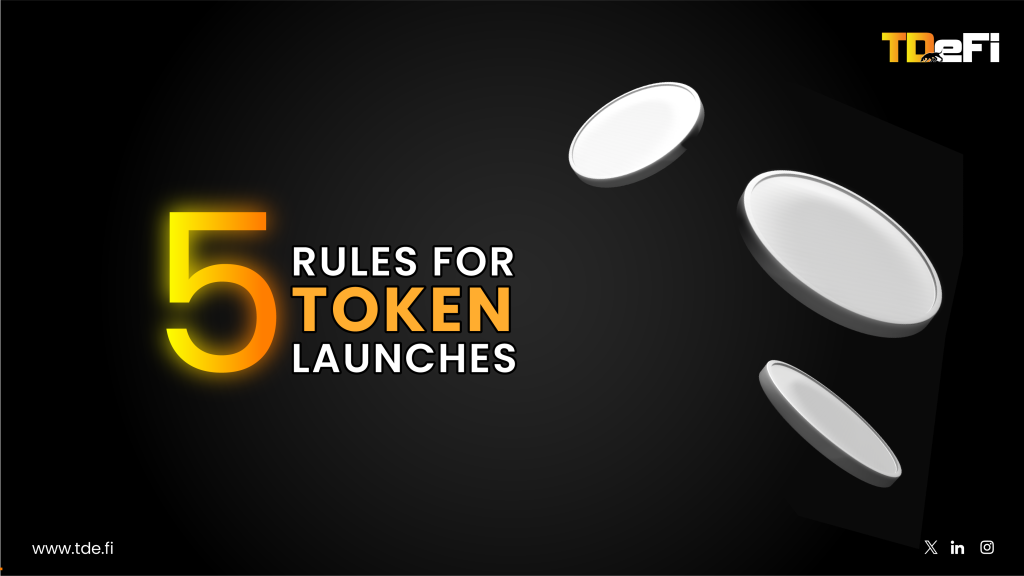Tl;DR
AI agents are the new economic actors of Web3, fundamentally redesigning DeFi, DAOs, gaming, and the connective tissue between chains. Currently, these composable, on-chain agents are managing portfolios, governing DAOs, optimizing NFT economies, and negotiating with each other, without any human micromanagement. This isn’t chatbot hype, but a structural shift, with billions in value and the future of protocol design at stake. This blog unpacks the latest, most credible examples and the real challenges you’ll face as a founder or investor in this new era.
Intro
Web3 was supposed to democratize finance and digital ownership, but for most, it’s still too complex. Wallets, gas, governance, bridging, and yield are power-user territory. AI agents are changing that. They are tireless economic actors who in complexity, executing on-chain strategies, managing assets, and even governing protocols at a scale no human team could match. With over 10,000 AI agents already live, and projections of 1 million+ by year-end, the agentic era is already here.
How AI Agents Are Rewiring Web3
1. DeFi
From Manual Yield Farming to Autonomous Asset Management
The most forward-thinking DeFi teams are using AI agents to turn yield farming, risk management, and even arbitrage into continuous, adaptive processes. Instead of waking up at 3 a.m. to chase APRs, founders are deploying agents that learn from on-chain data, adapt to new protocols, and even negotiate with other agents for liquidity.
Optimus (Olas Network): This on-chain agent autonomously reallocates assets across liquidity pools, constantly scanning for the best APRs and moving funds in real time. It’s a self-directed portfolio manager that adapts to market shifts, reducing human error and maximizing returns.
Virtuals Protocol: With a market cap over $1B, Virtuals lets users deploy custom AI agents for trading, analytics, and research. These agents execute trades, monitor risk, and even interact with other protocols, all in a decentralized, token-incentivized environment.
Cookie.Fun by Cookie DAO: Over 1,400 AI agents participate in DAO forums, cast votes, and execute decisions based on preset criteria—ensuring DAOs remain responsive 24/7.
2. DAOs
AI as the Backbone of Autonomous Governance
DAO governance is notorious for voter apathy and slow, clunky decision-making. The most innovative DAOs are now using AI agents as always-on delegates and analysts, automating proposal review, vote delegation, and even smart contract audits.
Ozak AI: DAOs on Ozak AI use agents to scan, summarize, and score proposals, flagging high-impact opportunities and risks. These agents recommend vote delegations and automate routine governance actions, making DAOs more efficient and less prone to manipulation
AI-Driven DAO Security: AI-powered smart contract auditors are now flagging vulnerabilities and monitoring for fraud in real time, reducing the risk of exploits and governance attacks
3. Gaming, NFTs, and the Metaverse
Agents as Economic and Creative Actors
Web3 gaming and NFT economies are being reimagined with AI agents that aren’t just NPCs—they’re autonomous economic participants. These agents own wallets, trade assets, and create dynamic, personalized experiences.
Parallel Colony: This game uses AI agents as in-game assistants, automating asset management, facilitating DAO governance within the game, and even creating dynamic, personalized gameplay for each user.
OriginTrail (TRAC): OriginTrail’s decentralized knowledge graph leverages AI agents for supply chain verification and NFT provenance.
4. Cross-Chain Infrastructure
Agents as the Glue of the Multi-Chain World
Cross-chain friction has always been the bane of Web3. The new wave of agent-powered protocols are bridging protocols, automating swaps, and optimizing asset flows across the fragmented blockchain landscape.
LayerZero & Axelar: These interoperability protocols are integrating agent-based messaging, allowing AI agents to monitor liquidity, trigger swaps, and rebalance assets across 30+ chains.
ChainGPT & SubQuery: ChainGPT’s AI Virtual Machine (AIVM) and SubQuery’s decentralized AI hosting are making it easier for developers to deploy agent-powered dApps that interact with multiple blockchains, lowering the technical barrier for cross-chain automation.
MCP + t3rn Integration: The Model Context Protocol (MCP) and t3rn enable AI agents to operate seamlessly across chains, abstracting away blockchain APIs and letting agents manage assets, execute cross-chain arbitrage, and automate workflows.
5. Security, Trust, and the Double-Edged Sword
Balancing Innovation with Risk
As agents take on more responsibility, they also become a new attack surface. The best teams are building for security and trust from the ground up, not as an afterthought.
Manipulation & Data Poisoning: Security researchers at SlowMist warn that poorly secured agents can be tricked into ignoring fraud or leaking sensitive data. Attacks like data poisoning, JSON injection, and malicious plugin overrides are real threats
Algorithmic Bias: If agents are trained on biased data, they can perpetuate unfair lending or voting decisions on-chain
Ethics & Verification: Projects like Cheqd are pioneering decentralized identity for AI agents, ensuring that only verified, ethical agents can interact with user assets.
Real-World Enterprise and Consumer Impact
- Bank of America’s Erica: Over 1 billion interactions handled, 17% reduction in call center traffic, and 30% more mobile engagement. Erica’s AI agent is now a model for on-chain banking assistants.
- H&M Virtual Shopping Assistant: 70% of queries resolved without humans, 25% higher conversions, and 3x faster response times, showing AI agents as sales and support engines.
- Lufthansa’s AI Support: 80% of customer queries resolved autonomously, 60% faster response, and 40% less reliance on live agents.
Closing Thought
AI agents aren’t just automating Web3, but redefining who the users of decentralized networks actually are. The teams leading in this space are those who treat agents as first-class citizens: designing protocols, marketplaces, and governance for a world where machines and humans collaborate, compete, and co-create value. The real opportunity? Build for this agentic future now, or risk being left behind as the next generation of protocols is built by, for, and with AI agents at the core.
At TDeFi, we empower Web3 founders to build resilient, scalable, and future-proof protocols. If you’re ready to lead the next wave of decentralized intelligence, connect with us to discover how we can help expand your business and accelerate your growth.


